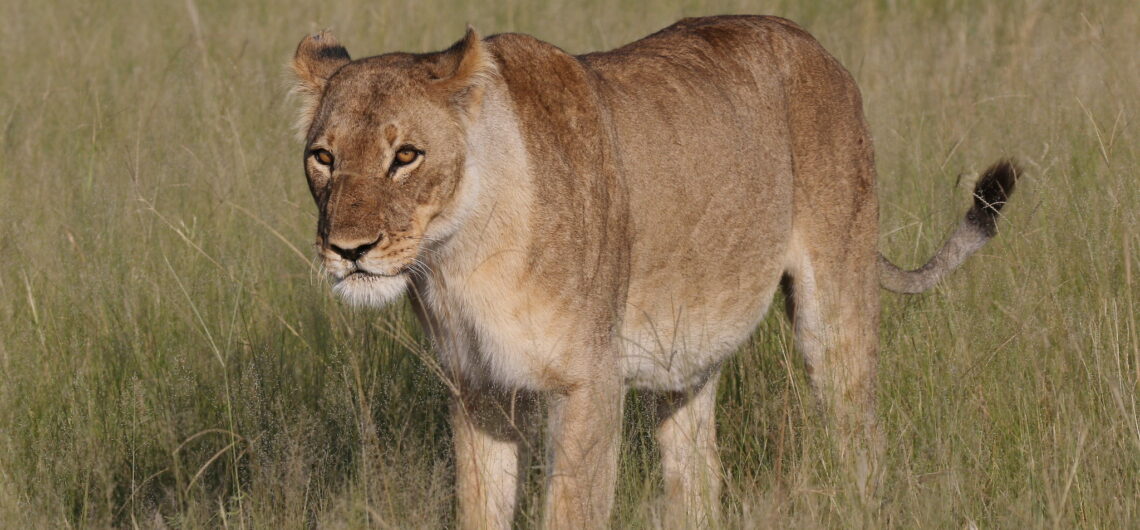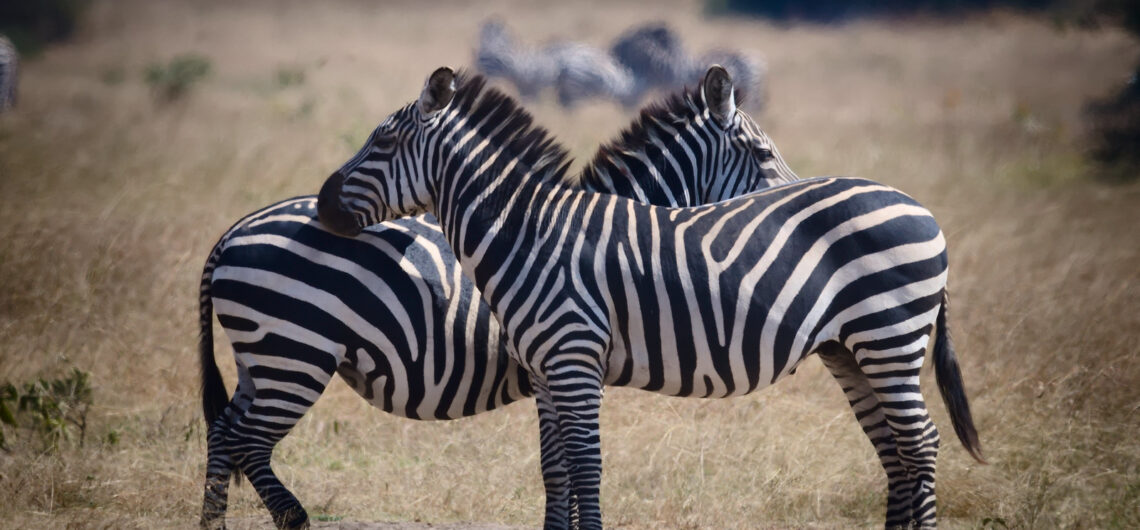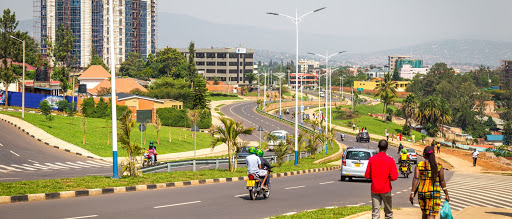Planning an East Africa safari? Discover the best national parks, top wildlife experiences, and essential travel tips for an unforgettable adventure in Kenya, Tanzania, Uganda, and Rwanda.
An East Africa Safari-is one of the most sought-after safari destinations in the world, offering breathtaking landscapes, diverse wildlife, and unforgettable adventures. Whether you’re looking to witness the Great Migration in Tanzania and Kenya, track mountain gorillas in Uganda and Rwanda, or explore the vast wilderness of lesser-known gems, East Africa delivers a once-in-a-lifetime experience. This guide covers the best safari parks, iconic wildlife encounters, and essential travel tips to help you plan the ultimate safari adventure.
East Africa Safari-Best Parks to Visit
1. Serengeti National Park, Tanzania
Renowned for its endless plains and incredible wildlife density, the Serengeti is famous for the Great Migration, where millions of wildebeest, zebras, and gazelles move in search of greener pastures. Visitors can also spot the Big Five—lion, leopard, elephant, buffalo, and rhino—alongside cheetahs, giraffes, and more.
Best Time to Visit: June to October (Great Migration and predator action), January to March (calving season).
2. Maasai Mara National Reserve, Kenya
The Maasai Mara is Kenya’s flagship park and one of the best places to witness the Great Migration. The reserve is home to large lion prides, cheetahs, elephants, and an abundance of other wildlife. Hot air balloon safaris and cultural visits to Maasai villages add a unique touch to the experience.
Best Time to Visit: July to October (Great Migration crossings at the Mara River).
3. Bwindi Impenetrable National Park, Uganda
Almost every East Africa Safari package has to include Bwindi Impenetrable National Park. This UNESCO World Heritage Site is home to nearly half of the world’s remaining mountain gorillas. A gorilla trekking experience in Bwindi is both thrilling and humbling, allowing visitors a rare chance to observe these magnificent primates in their natural habitat.
Best Time to Visit: June to August and December to February (drier seasons for better trekking conditions).
4. Volcanoes National Park, Rwanda
For an equally remarkable gorilla trekking experience, Rwanda’s Volcanoes National Park offers well-organized treks through misty bamboo forests. The park also shelters golden monkeys and is the resting place of renowned primatologist Dian Fossey.
Best Time to Visit: June to September and December to February.
5. Ngorongoro Crater, Tanzania
This massive volcanic caldera is one of the most spectacular safari destinations, offering the highest density of wildlife in Africa. The crater floor is home to black rhinos, lions, hippos, elephants, and an array of birds.
Best Time to Visit: Year-round, but wildlife is more visible during the dry season (June to October).
6. Akagera National Park, Rwanda
A rising star in the East Africa safari scene, Akagera National Park offers the Big Five, scenic lakes, and a mix of savannah and wetland ecosystems. Boat safaris on Lake Ihema provide a unique experience.
Best Time to Visit: June to September.
Top Wildlife Experiences in East Africa
– The Great Migration (Serengeti & Maasai Mara) – Witness millions of wildebeest and zebras crossing crocodile-infested rivers.
– Gorilla Trekking (Bwindi & Volcanoes National Parks) – A rare and intimate encounter with mountain gorillas.
– Big Five Safaris (Serengeti, Maasai Mara, Ngorongoro, Akagera) – Spot Africa’s most iconic animals in their natural habitats.
– Chimpanzee Tracking (Kibale Forest, Mahale Mountains, Gombe Stream) – Get up close with our closest relatives in lush rainforests.
– Hot Air Balloon Safaris (Maasai Mara & Serengeti) – A breathtaking aerial view of the African wilderness at sunrise.
– Birdwatching (Lake Nakuru, Queen Elizabeth NP, Akagera) – Home to flamingos, shoebills, and over 1,000 bird species.
Essential Travel Tips for Your East Africa Safari
1. Best Time to Visit
– Dry Season (June to October): Best for wildlife viewing as animals gather around water sources.
– Wet Season (November to May): Lush landscapes, fewer crowds, and lower prices. Ideal for birdwatching and baby animals.
2. Visa & Entry Requirements
Most East African countries offer an East Africa Tourist Visa, which covers Kenya, Uganda, and Rwanda. Tanzania requires a separate visa. Always check entry requirements before travel.
3. Health & Vaccinations
– Yellow fever vaccination is required for entry into most countries.
– Malaria prophylaxis is recommended.
– Carry insect repellent and stay hydrated.
4. Packing Essentials
– Clothing: Neutral-colored, lightweight clothes for daytime; warm layers for morning and evening game drives.
– Footwear: Comfortable hiking boots for trekking.
– Gear: Binoculars, camera with extra batteries, sunscreen, and a hat.
5. Choosing a Safari Type
– Luxury Safari: Exclusive lodges, fly-in safaris, and personalized services.
– Midrange Safari: Comfortable lodges and tented camps with guided game drives.
– Budget Safari: Overland tours, camping, and group safaris for cost-conscious travelers.
6. Responsible Tourism
– Support eco-friendly lodges and community-based tourism.
– Avoid single-use plastics and respect wildlife by keeping a safe distance.
– Follow ethical photography guidelines and do not feed animals.
An East Africa safari is an unforgettable experience that immerses you in the heart of the wild. Whether tracking gorillas in Uganda, witnessing the Great Migration in Kenya and Tanzania, or exploring hidden gems in Rwanda, this region offers unparalleled adventures. By planning your trip wisely, choosing the right destinations, and respecting nature, you’ll create memories that last a lifetime. Start planning today and embark on the ultimate East Africa safari!



